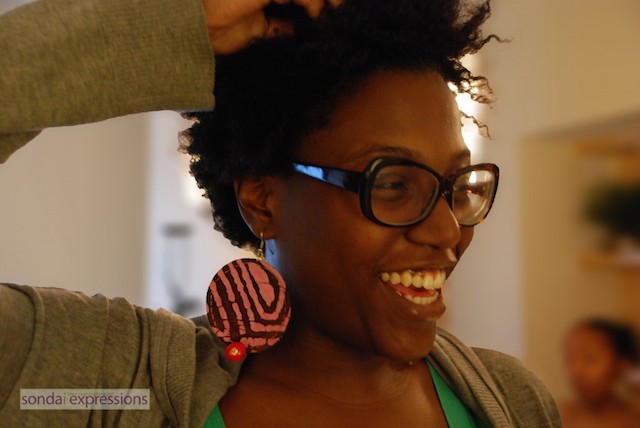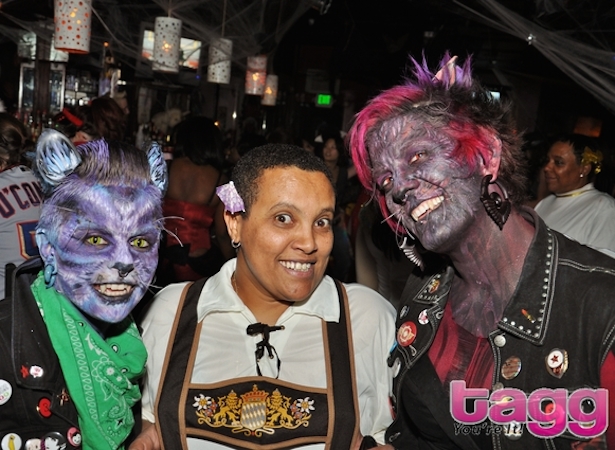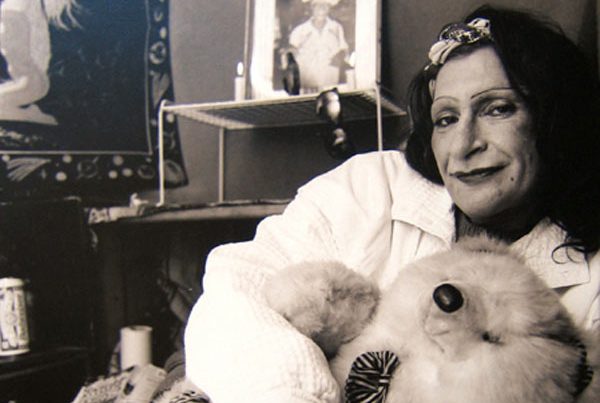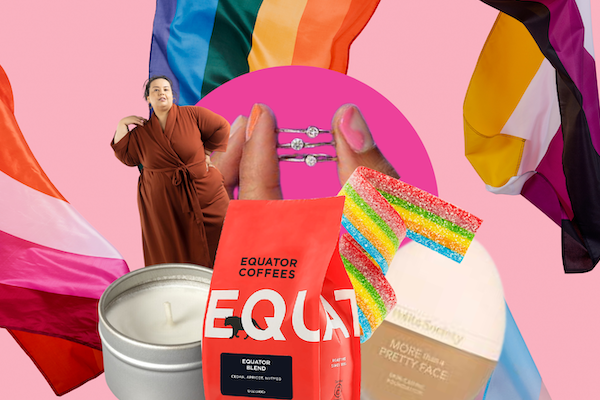
The Revival Tour Hits the Road Again
October 29, 2014
Halloween Going Out Guide 2014
October 30, 2014Sylvia Rivera was a bisexual, transgender activist. Fiery and unapologetic, she was at the forefront of many movements during the 1960s and 1970s. She is known for her relentless work for the transgender and Latinx communities.
Rivera grew up with her conservative Venezuelan grandmother from the age of three, after her mother died by suicide. She was always effeminate, much to the dismay of her grandmother, and at the age of 10, Rivera also attempted suicide.
At the age of 11, Rivera ran away to New York City and started turning tricks in order to support herself. Taken in by other drag queens, she would later team up with Marsha P. Johnson and found the Street Transgender Action Revolutionaries (STAR) as well as STAR House. She and Johnson continued to work in prostitution in order to support the organization and saved many transgender children from a life on the streets.
Rivera was known for throwing the first bottle at the Stonewall Riots but would later say that she was actually the second. She went on to be a strong fighter in the gay rights movement, helping found the Gay Activist Alliance and the Gay Liberation Front. She and many other “cross-dressers”—the term transgender was not yet coined—worked tirelessly to help pass laws that would help the entire community. However, when it came time for the first bill to pass, the Gay Activist Alliance dropped protection for the transgender community from the bill in order to be more accepted by the mainstream.
“After all these years, the trans community is still at the back of the bus. I despise that,” Rivera wrote in her 2002 essay “Queens in Exile, The Forgotten Ones.” “The reason we, right now, as a trans community don’t have all the rights they have, is that we allowed them to speak for us for so many damn years, and we bought everything they said to us: ‘Oh, let us pass our bill, then we’ll come for you.’ Yea, come for me. Thirty-two years later and they’re still coming for me.”
She was also shunned by the feminist and lesbian communities. “We died in 1973, the fourth anniversary of Stonewall. That’s when we were told we were a threat and an embarrassment to women because lesbians felt offended by our attire, us wearing makeup.” Again, she was quite passionate and physically fought her way to the stage before giving a speech with many expletives calling out both communities.
“We always got along back then. All that division between the lesbian women and queens came after 1974 when Jean O’Leary and the radical lesbians came up,” stated Rivera. “The lesbian community today has a lot to learn from the old ways of the lesbian community.”
After disappearing from activism for almost 20 years, Rivera rejoined the fight and restarted the STAR House in 2001. She worked hard to pass the Sexual Orientation Non-Discrimination Act until she died of liver cancer in 2002, just months before it passed, holding her last meeting from her hospital bed.
Sylvia Rivera’s story is one of angst and perseverance. She believed everyone that was oppressed had to stick together. Her story is important in understanding where the cracks began to split between the LGB and T and we must learn from it so that we can continue to piece our entire community back together.
Stuff You Missed in History Class podcast
http://www.missedinhistory.com/podcasts/sylvia-rivera/
Powered by Quist, the free app about LGBTQ history. For more stories like this one, download for your Apple or Android device. quistapp.com.





